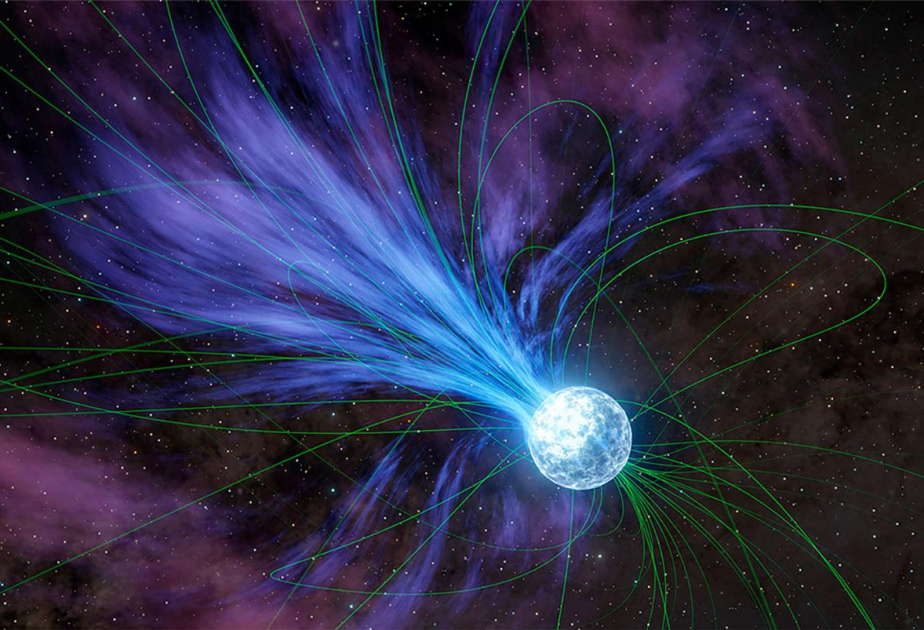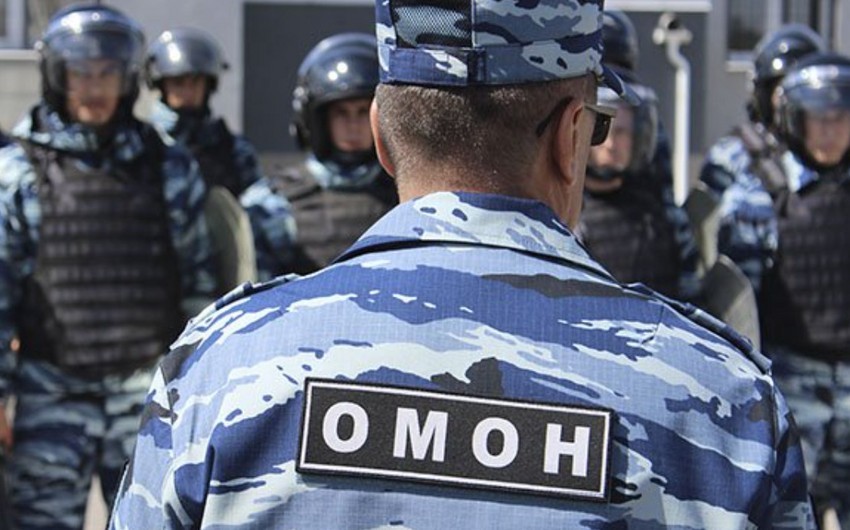The Fermi Paradox refers to the situation where, despite the high probability of life existing in the vast universe, we have yet to make contact with extraterrestrial civilizations. First introduced by the Italian physicist Enrico Fermi in the 1950s, this paradox has since been widely discussed by scientists and philosophers alike. Fermi’s question has sparked deep reflections on the existence of life forms in the universe and whether they are close to us.
At the heart of the paradox lies the question: “Where is everyone?” Considering the billions of stars and the planets orbiting around them, it seems reasonable to assume that the conditions for life are highly probable. With so many planets potentially harboring life, the existence of intellectually advanced and technologically superior civilizations is also likely. However, we have yet to encounter such civilizations or find any traces of them.
The emergence of the Fermi Paradox is caused by two main factors: the vastness of the universe and the high probability of life, alongside the absence of contact with these civilizations. This generates both intriguing and unsettling questions. Some scientists and philosophers have proposed various theories to explain this paradox, leading to new insights into the mysteries of the cosmos.
The Core of the Fermi Paradox
Given the size and age of the universe, the likelihood of advanced civilizations existing is very high. If the conditions for life are so widespread, the existence of such civilizations would be expected. However, we still have not made contact with them. This observation forms the basis of the paradox.
Theories Proposed to Explain the Fermi Paradox
Several theories have been put forward to explain the Fermi Paradox:
The Great Filter Theory: According to this theory, there are one or more critical stages that life must pass through in order to develop into an advanced, intellectual civilization. These stages are extremely difficult or possibly impossible to overcome. The “Great Filter” is one of these stages, and failing to pass through it may account for the rarity of advanced civilizations.
The Zoo Hypothesis: This theory suggests that advanced civilizations deliberately avoid contact with us and observe us like animals in a “zoo,” refraining from interfering with our development. They observe us as a natural life form and believe that non-interference aligns with their ethical principles.
The Superiority of Artificial Intelligence: Some scientists suggest that advanced civilizations may have transitioned to artificial intelligence, abandoning biological forms. As a result, they no longer use traditional communication methods like radio waves, and their communication methods may be beyond our comprehension.
Short-Lived Civilizations: This theory posits that advanced civilizations may self-destruct within a short period of time. Nuclear wars, ecological disasters, and other forms of self-destruction could shorten the lifespan of civilizations, making them harder to detect.
Communication Barriers: It is possible that advanced civilizations use communication methods that we do not understand or that they employ technologies so different from ours that we cannot detect them. They may use quantum communication or other advanced methods that do not match our current technologies.
The Vastness of the Universe and the Limitations of Time: The immense size of the universe and the finite lifespans of civilizations may prevent meaningful contact. The vast distances between civilizations and differences in their timeframes could hinder communication and mutual interaction.
The Planetarium Hypothesis: This theory suggests that our observations of the universe are an illusion created by an advanced civilization capable of manipulating matter and energy on a galactic scale. This civilization may have engineered the universe to appear empty and devoid of life for us, creating a grand illusion.
The Fermi Paradox poses one of the most fundamental questions about the universe: “If the probability of life and intellectual civilizations existing in the universe is so high, why have we not made contact with them, or found any traces of them?” This question has sparked deep discussions in both physics and astrobiology and has been widely explored in the scientific community.
Various theories have been proposed to explain the Fermi Paradox, but none of them have yet provided a definitive answer. Therefore, the paradox remains an open mystery. The theories surrounding it, such as the “Great Filter” hypothesis, the possibility of “short-lived civilizations,” and the limitations of time and space, continue to be explored.
The implications of the Fermi Paradox extend beyond the possibility of extraterrestrial life; it also prompts us to reflect on our own existence and culture. If extraterrestrial civilizations exist and we have not discovered them, it raises deeper questions about our own development: How advanced are we? How do our advancements in life and technology enable us to make contact with other life forms in the universe? And if advanced civilizations do exist, why do they not contact us?
Finding the answer to the Fermi Paradox will not only clarify the existence of extraterrestrial life but also help us understand our place and future in the universe. This paradox opens up new possibilities for humans to better understand our position in the cosmos and the origins of life.
Today, the Fermi Paradox remains one of the most fascinating and challenging issues in the scientific world. Research on this topic will continue to provide deeper insights into life and civilizations in the universe, and perhaps one day, we will unravel this mystery.
Madina Mammadova









